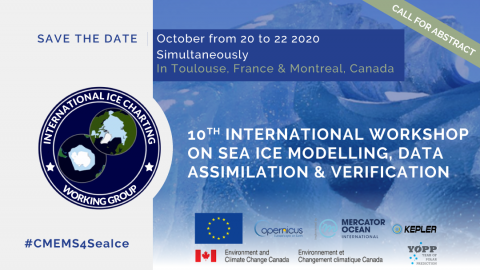Update: GPR 2020 has been postponed. The Conference has been rescheduled to be held in 2022, also in Golden, Colorado. Specific information about the rescheduled Conference, including dates, agendas, paper submission, and more will be made available as the time for the Conference draws nearer. Also, updated information regarding GPR 2020 abstracts is available. Please visit the Abstracts page of our website for more information.
Held biennially since 1986, The International Conference on Ground Penetrating Radar is the premier event for GPR research and applications. Drawing together scientists, engineers, industrial delegates and end-users, the conference is a place to see all of the latest GPR developments, ranging from fundamental advances in methods to the most interesting case studies.
Who should attend?
Those involved with the use of ground penetrating radar comprise a diverse community, including academic researchers, industrial scientists and engineers, government scientists, and policy makers. All are welcome to this conference, ranging from those just beginning to those with substantial expertise.
Conference objectives and topics:
The Conference aims to bring together all who are interested in the use of ground penetrating radar for any purpose, to review developments in the field over the previous two years, and to attempt to extrapolate for the near-term future.
Topics that will be explored during the Conference include novel developments of GPR systems and antennas, advanced data processing algorithms for improved subsurface imaging, radar data modeling approaches and inversion strategies for quantitative reconstruction of soil and material properties.
Additional topics include data interpretation in a range of fields, including geology and sedimentology, glaciology, environmental and agricultural engineering (e.g., hydrological monitoring, digital soil mapping, forestry), civil and military engineering (e.g., utility detection, monitoring of transport infrastructures, nondestructive testing, landmine detection), archeology and cultural heritage, and planetary exploration, among others.
The Conference will host four special plenary panel discussions which will cover:
- GPR to help monitor impacts of climate change
- How GPR can help with developing and renewing infrastructure
- Biogeophysics and GPR
- Exploration of planets and other extraterrestrial bodies
GPR 2020 will be an exciting Conference that will provide the opportunity for participants to be able to meet others in the field, to exchange ideas, expertise and experience, and to renew and form new friendships and working relations. The Conference is structured so that participants can learn from both formal and informal interactions, such as presented papers, posters and social events.

